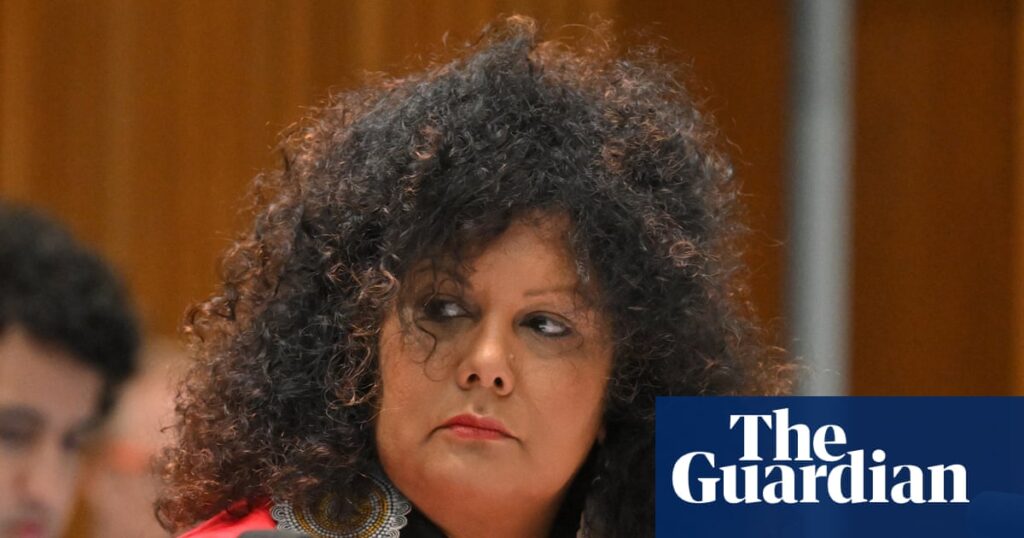
Labor and the Greens have united in a strong rebuke against One Nation senators who turned their backs on the parliamentary acknowledgment of country statements. The actions were described as “incredibly childish” and “hurtful” stunts by leaders from both parties.
During a session in the chamber, One Nation’s leader, Pauline Hanson, stood defiantly as Indigenous Affairs Minister Malarndirri McCarthy, Government Senate Leader Penny Wong, and Greens Leader Larissa Waters criticized the right-wing minor party’s “deliberate acts of disrespect.”
“Whether it is for attention or for clickbait, whether it is to cause offence, whether it is to stoke division, these senators have made a deliberate decision to disrespect First Nations Australians,” McCarthy stated, emphasizing the gravity of the situation.
Political Tensions and Cultural Divides
The controversy highlights ongoing tensions over cultural recognition in Australia. Hanson defended her stance, claiming that acknowledgment and welcome to country ceremonies left her feeling “disenfranchised.”
“We don’t want this division in our nation. So it’s the steps that I’ve taken to speak up on behalf of those Australian people that don’t want this division,” Hanson said, reiterating her belief that these ceremonies contribute to national division.
Meanwhile, Greens Leader Larissa Waters accused Hanson of being “entirely blind to her own privilege.” Just a day earlier, Waters’ colleague, Mehreen Faruqi, faced sanctions for holding up a protest sign in the Senate, highlighting inconsistencies in the enforcement of parliamentary decorum.
Historical Context and Reactions
The practice of acknowledging the traditional custodians of the land has become a significant part of Australian public life, intended to honor Indigenous Australians. However, it has also become a flashpoint for political and cultural debates.
Former Shadow Indigenous Affairs Minister Jacinta Nampijinpa Price, known for her criticism of acknowledgment ceremonies, supported One Nation’s actions, arguing that such ceremonies are unnecessary.
“I am of the belief that it is not necessary to have an acknowledgment, because we are all Australians,” Price said, emphasizing a vision of unity that does not single out any group.
Political Responses and Implications
Penny Wong responded with a call for unity and respect, suggesting that the opposition could learn from the more supportive approach of their leader, Sussan Ley, who has participated in acknowledgment ceremonies.
“Decency and respect cost us nothing, but it goes a long way to building a sense of unity,” Wong remarked, urging a reconsideration of attitudes towards cultural protocols.
Opposition Senate Leader Michaelia Cash defended Price, accusing Wong of “pontificating” on the issue. Cash highlighted Price’s personal background as evidence of her commitment to reconciliation.
Future Outlook and Cultural Debate
The debate over acknowledgment ceremonies is likely to continue, reflecting broader cultural and political divides in Australia. Days before the recent elections, former opposition leader Peter Dutton criticized the frequency of such ceremonies, suggesting they be limited to major events.
Advance, a right-wing group formerly associated with Price, has launched campaigns against acknowledgment ceremonies, arguing they are used to “indoctrinate” children. The group has encouraged supporters to challenge these practices actively.
As Australia grapples with its cultural identity and the role of Indigenous recognition, the actions of One Nation senators and the subsequent political fallout underscore the complexities of achieving national unity in a diverse society.





